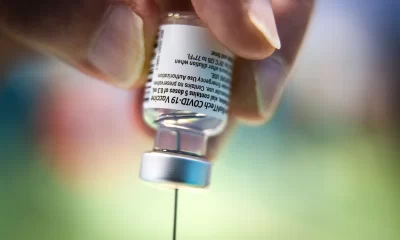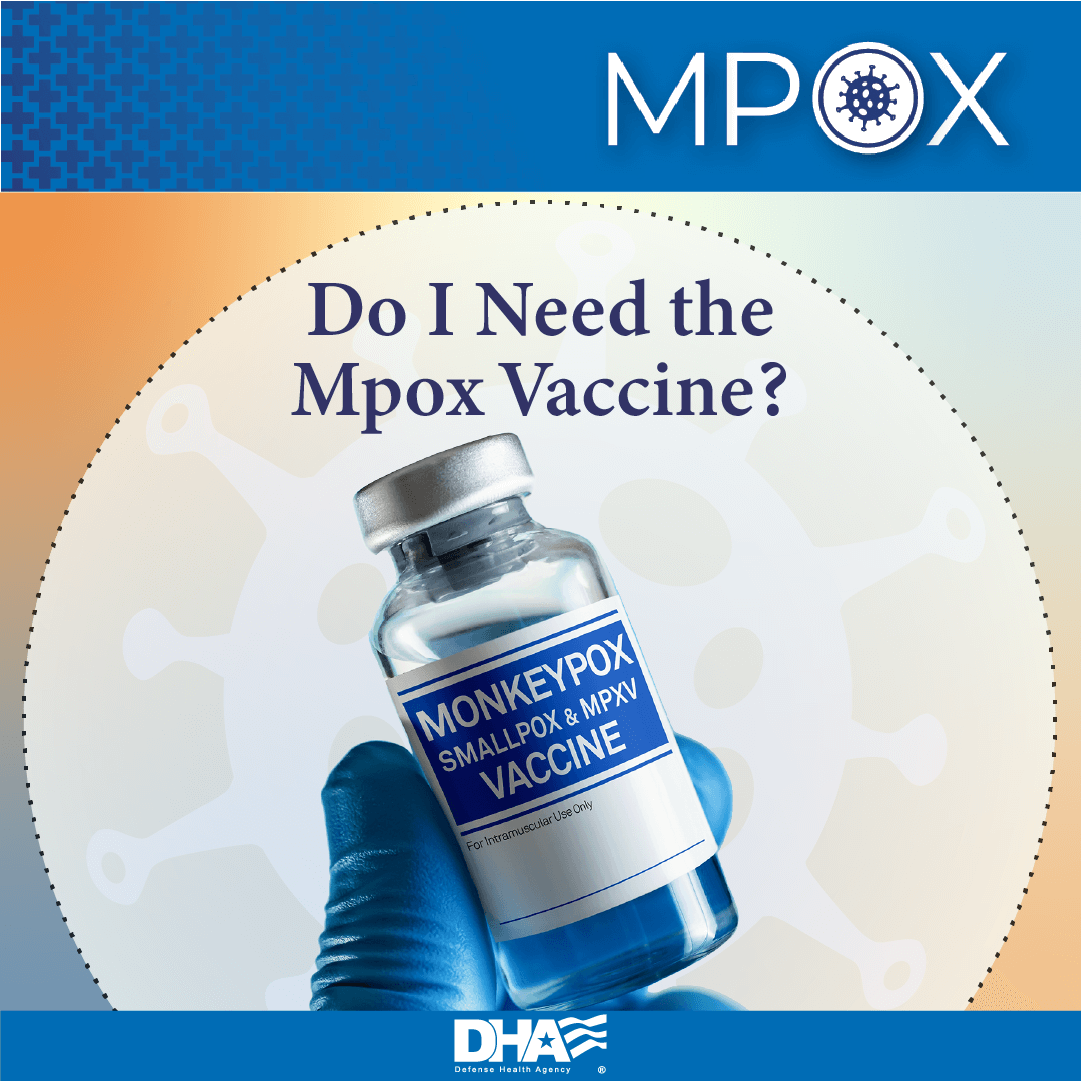The World Health Organization (WHO) is set to make a decision on issuing an emergency use listing (EUL) for an mpox vaccine within the next three weeks.
WHO Director-General Dr. Tedros Adhanom Ghebreyesus announced the timeline during the WHO Africa regional conference on Monday, following the submission of all required information by the vaccine manufacturer last Friday.
Dr. Tedros stated, “The WHO will decide on whether to issue an emergency use listing (EUL) for an mpox vaccine within three weeks after its manufacturer supplied the global body with all the required information last Friday.” The EUL process is designed to expedite the evaluation and authorization of vaccines, diagnostics, and treatments in response to public health emergencies.
Dr. Tedros also emphasized the need for approximately $135 million to manage the ongoing mpox outbreaks in Africa, highlighting that a comprehensive and coordinated international response is essential.
READ ALSO: Lagos, Oyo, 9 other states record more cases of Monkey Pox
The WHO has faced criticism for delays in evaluating mpox vaccines already approved in the U.S. and Europe. This delay has left African countries dependent on donated vaccines.
Germany has committed to donating 100,000 doses of the Jynneos vaccine from its military stock to African nations struggling with severe outbreaks. The German army maintains a stockpile of around 117,000 doses procured in 2022.
Africa’s major vaccine procurers, Gavi and UNICEF, are unable to purchase vaccines without an EUL or full WHO approval.
The EUL procedure is crucial for fast-tracking unlicensed medical products during public health emergencies. Independent health experts have recommended two vaccines—Bavarian Nordic’s Jynneos and Emergent BioSolutions’ ACAM2000—for consideration.
In the past month, over 220 cases of clade 1b mpox have been confirmed in Burundi, Kenya, Rwanda, and Uganda, countries that had not previously reported cases.
To combat the outbreak, the WHO is focusing on raising public awareness about mpox transmission, which primarily occurs through close contact, including skin-to-skin and respiratory interactions, as well as contaminated objects. The WHO advises those with multiple sexual partners and those in high-risk settings to take precautions.
READ ALSO: Monkey pox: Nigerians advised to avoid eating of Monkeys, bushmeat
Accurate diagnosis is critical, with PCR testing recommended for distinguishing mpox from similar infections. HIV testing is also advised due to the increased risk of co-infections. Although there is no proven antiviral treatment for mpox, some antivirals have received emergency use authorization and are under evaluation.
The WHO recommends vaccination for high-risk groups and post-exposure prophylaxis within four days of exposure to reduce disease likelihood. Infected individuals should follow self-care measures, including isolation, covering lesions, and practicing good hygiene to prevent transmission.
The WHO underscores the importance of ongoing evaluation of therapeutics and optimizing supportive care as efforts continue to address the mpox outbreak.

 Health1 week ago
Health1 week ago
 News1 week ago
News1 week ago
 Trends2 days ago
Trends2 days ago
 Latest1 day ago
Latest1 day ago
 Health1 week ago
Health1 week ago
 Crime1 week ago
Crime1 week ago
 Crime1 week ago
Crime1 week ago
 Latest1 week ago
Latest1 week ago

